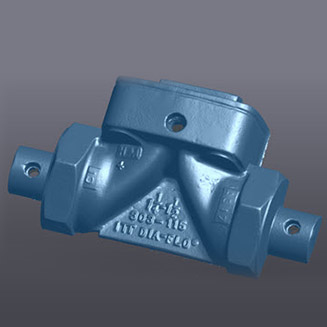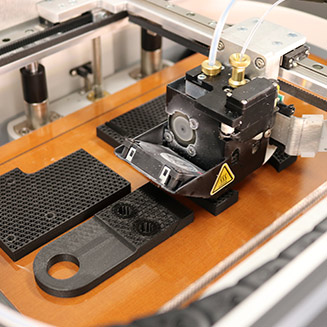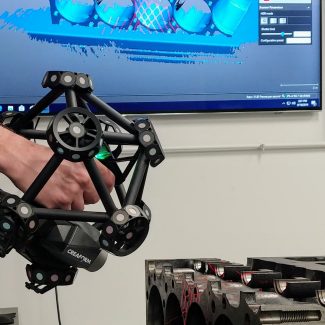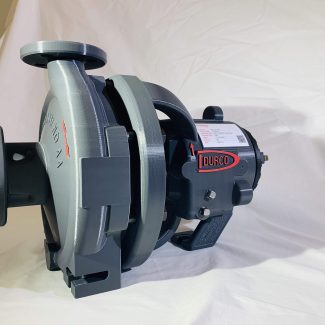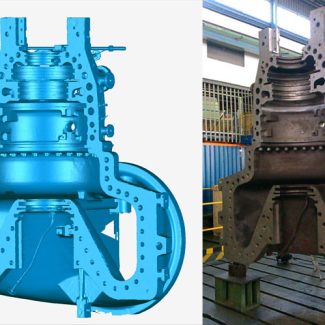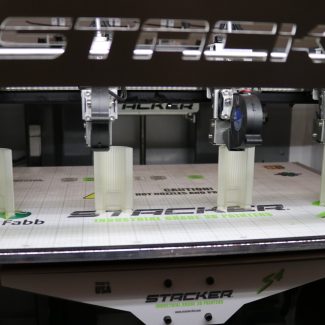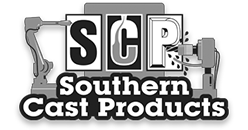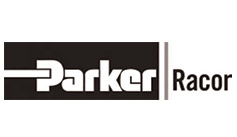How to Choose the Right Fixture for Your Machining Project
Many manufacturers often complain about inefficient production processes that lead to downtime. However, the issue isn’t with the machine or the worker; it’s the fixture. The fixture is responsible for securely holding and positioning a workpiece during machining operations. If you don’t choose the right one, you may face issues like poor precision or product damage.
Do you want to avoid these costly problems? Here are some tips to choose fixtures for your machining projects:
Understand the Type of FixturesCollet Fixtures. If you are working with cylindrical workpieces, Collect fixtures are great to secure them. They offer high precision and have high tolerances making, them perfect for tasks like milling.
Modular Fixtures. Modular fixtures are those that can be reconstructed to meet the demands of certain workpieces with diverse shapes. They are cost-effective and flexible, allowing for quick and efficient manufacturing processes.
Pay Attention to the Budget
Next up, you have to pay attention to the budget. While it’s tempting to invest in high-end fixtures, choose machining fixtures that align with your project needs and financial limits.
Weigh factors like the durability of the fixture and whether it can be reused for multiple jobs before making a final decision. Know that sometimes, with a little research, you can find a fixture that offers excellent accuracy without overspending.
So take your time to explore different fixtures and seek recommendations from industry experts so you get the best value for your money.
Check Material Compatibility
Another factor to consider when choosing the right fixture for a machining project is material compatibility. This involves ensuring the fixture’s material is compatible with the workpiece’s.
Check factors like thermal expansion and corrosion resistance of the fixture before making an investment. For instance, if you are going to work with pieces that expand when heated, the fixture should be designed to withstand such changes.
Opting for the right fixture materials not only prevents damage to the workpiece but also guarantees that that fixture will serve you in the long run.
Consider Machining Process
It’s a must to consider the machining process for which the fixture will be used. It’s because different processes have varying requirements that can influence the overall working of the fixture. For instance, milling operations require fixtures that can withstand extreme force and vibrations. On the other hand, turning processes necessitate fixtures that can strongly grip cylindrical workpieces like Collet ones, so there’s no compromise on stability and accuracy.
Choosing the right fixture for your machining project is of utmost importance as it decides the final product outcome. Consider factors like the cost of the fixture, material compatibility, and the machining process to make sure you get the best value for your investment.

